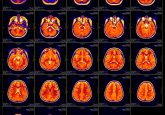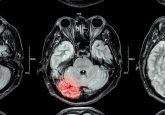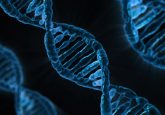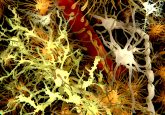ALS-associated mutations in TBK1 are both beneficial and detrimental to disease progression in mice

New insights into how mutations in TBK1 cause amyotrophic lateral sclerosis (ALS) have been revealed by researchers at Columbia University (NY, USA). Scientists there have found that ALS-associated mutations in TBK1 can have both beneficial and detrimental effects on disease progression in mice. Within their study, which has been published in Neuron, the investigators inserted ALS-causing TBK1 mutations in mice and reported that these mice displayed no signs of motor neuron disease. “This was not surprising, as only a few of the many human ALS mutations tested thus far in mice by other ALS researchers have resulted in motor neuron...





